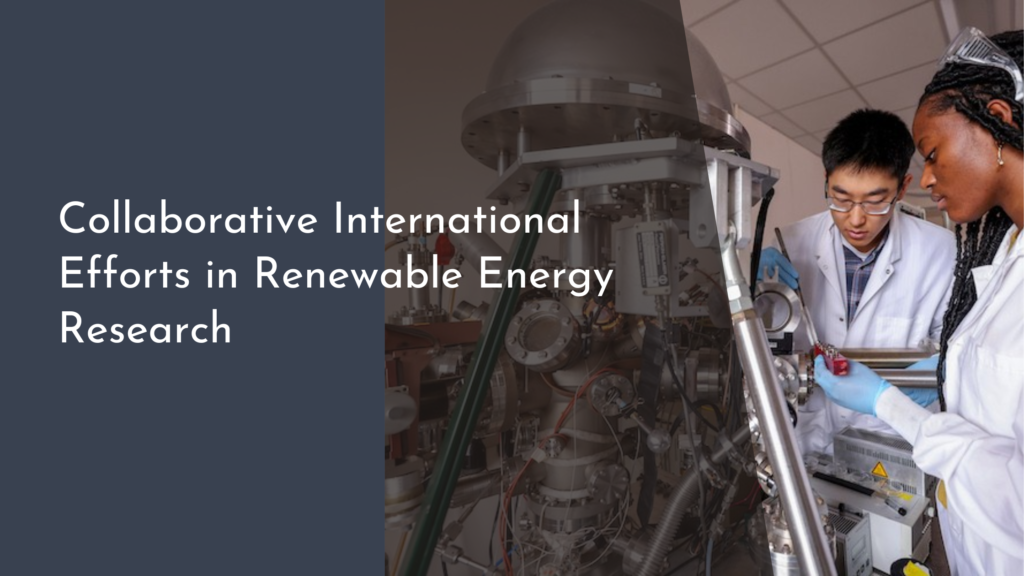Using Artificial Enzymes for Fuel Synthesis
In the quest for sustainable energy, scientists and researchers are exploring innovative approaches to fuel production. One such exciting advancement is the use of artificial enzymes, designed to replicate the efficiency of natural enzymes found in biological systems. These synthetic catalysts hold the potential to revolutionize how we produce fuels, making the process more efficient, environmentally friendly, and adaptable to the needs of the modern world. As the global community pushes towards cleaner energy sources, artificial enzymes are emerging as a beacon of hope, lighting the way toward a more sustainable future.
Unlocking the Future: Artificial Enzymes in Fuel Production
Artificial enzymes, or enzyme mimetics, are engineered molecules that can accelerate chemical reactions in a similar manner to their natural counterparts. They can be tailored to target specific molecules involved in fuel synthesis, making them valuable tools in the quest for alternative energy sources. By harnessing these futuristic enzymes, researchers are unlocking new pathways in the production of fuels, enabling the conversion of biomass and waste materials into high-energy fuels with unprecedented efficiency.
This innovative approach not only enhances the yield of fuel production but also reduces the need for harsh chemicals or extreme conditions typically required in traditional methods. As a result, artificial enzymes pave the way for a greener and more cost-effective production process. This breakthrough signifies a major step toward meeting the growing energy demands while minimizing the carbon footprint associated with fossil fuels, truly embodying the spirit of progress in energy technology.
How Artificial Enzymes Spark New Energy Solutions
The advent of artificial enzymes has ignited a wave of research aimed at finding sustainable alternatives to conventional fuels. By mimicking the natural processes of photosynthesis and other biochemical pathways, these synthetic catalysts are enabling the efficient conversion of renewable resources, such as agricultural waste and carbon dioxide, into usable fuels. This ability to harness and convert waste materials represents a crucial step towards a circular economy, where resources are continuously recycled and reused.
Moreover, artificial enzymes can operate under milder conditions, thereby saving energy and reducing costs associated with fuel production. Their adaptability also means they can be optimized for specific feedstocks, making it possible to tap into a variety of organic materials for energy generation. This flexibility is particularly important as different regions may have access to different types of biomass. As researchers continue to refine these technologies, the potential for artificial enzymes to address the world’s energy challenges becomes increasingly promising.
The Science Behind Enzymes: Nature Meets Innovation
At the core of artificial enzyme technology lies a deep understanding of biochemistry and molecular biology. Scientists study natural enzymes, which are proteins that facilitate chemical reactions in living organisms, to decipher their mechanisms. By understanding the specific interactions between substrates and enzyme active sites, researchers can design synthetic versions that replicate these functions. This fusion of nature and innovation allows for the creation of enzymes that are not only efficient but also tailored to meet specific industrial applications.
The development of artificial enzymes often involves sophisticated techniques such as directed evolution, which mimics the process of natural selection to optimize enzyme performance. By introducing random mutations and selecting for desirable traits, scientists can create robust enzymes that outperform their natural counterparts. This blend of creativity and scientific rigor demonstrates how far we have come in the field of enzyme engineering, unlocking endless possibilities for sustainable fuel production and beyond.
Sustainable Fuels: A Cheerful Path to Clean Energy!
Transitioning to sustainable fuels is not just a technological challenge; it’s also an opportunity for a brighter future. The integration of artificial enzymes into fuel production represents a cheerful step toward achieving energy independence and reducing reliance on fossil fuels. By supporting the development and scaling of these innovative technologies, we can foster a greener economy that prioritizes sustainability and environmental stewardship.
The journey towards clean energy is gaining momentum, and artificial enzymes are at the forefront of this clean energy revolution. With their ability to transform waste into valuable resources, they provide a hopeful vision for the future. By embracing these advancements, society can look forward to a world where energy is not only abundant but also responsible, reinforcing the idea that innovation can lead to a healthier planet for generations to come.
As we stand on the brink of an energy revolution, the potential of artificial enzymes shines brightly on the horizon. Their ability to enhance fuel production while embracing sustainability embodies the spirit of innovation that is essential for addressing today’s pressing energy challenges. By tapping into the power of these synthetic catalysts, we are not just unlocking new energy solutions; we are stepping confidently into a cleaner, greener future. Together, let us celebrate this exciting journey toward sustainable energy and the role artificial enzymes will play in shaping a better world for all!


